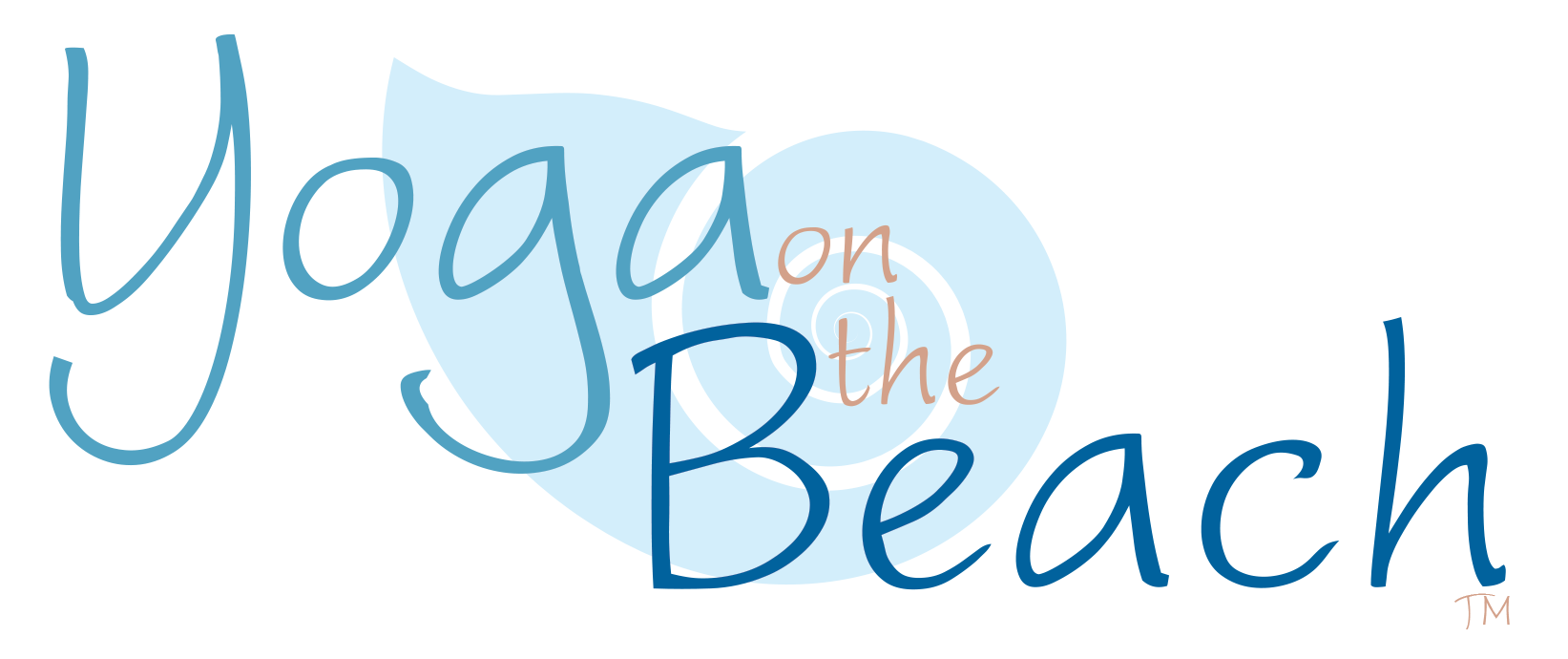Yoga – Reactive, Proactive or Whole?
Yoga – Reactive, Proactive or Whole?
June 9th, 2013
I was recently speaking with a friend about one of his health care practitioners. He was sharing how his health care practitioner makes it very clear that she does her work to help heal AND attune the body to well being. She then believes it is time for her clients to take care of themselves, make choices that maintain that state of well being, and that she is not willing to work with those who want her to constantly fix their self-abusing patterns. It made me reflect on the ways people approach the yoga path.
Reactive: For some their yoga practice is related to what they want to fix, or a form of penance for what choices they make that they believe have been “bad” for them. I often hear students, friends and family speak of how they are making poor choices and will need to do more yoga practice or exercise to “fix it.” For example, they may be enjoying a nice dinner out with a glass or two of wine, topped off with a dessert but saying words of regret for their choices and how they’ll have to do more yoga or exercise to counter those choices. There is an underlying sense of wrong doing that they believe can be corrected with yoga.
Proactive: Others see yoga as a health maintenance plan. Their yoga practice helps them to feel good, make choices that maintain a sense of wellbeing and support a lifestyle that is governed by that prevailing sense of wellness. It becomes part of their way of living, like brushing teeth, that maintains wellness. The underlying sense is one of feeling good.
Deeply based in both of these paths are beliefs and thoughts that provoke or inspire the choices and actions one makes. The Reactive path seems to be rooted in thoughts of unhappiness, dissatisfaction, and guilt that beget regrets, and a need to make things better. The Proactive path has roots that are based in self satisfaction, love, care, joy and wellbeing that foster a consistent way of healthy choices.
Whole: The magical way of yoga is it is irrelevant which way you get on the path. Both ways eventually bring wholeness to those who build a consistent practice. Take time to look into the mirror and pay attention to which path you are on. Know that they both lead the way to being whole. On the path, awareness gives you the opportunity to reflect, make new choices, establish different patterns and experience an enriched life.

